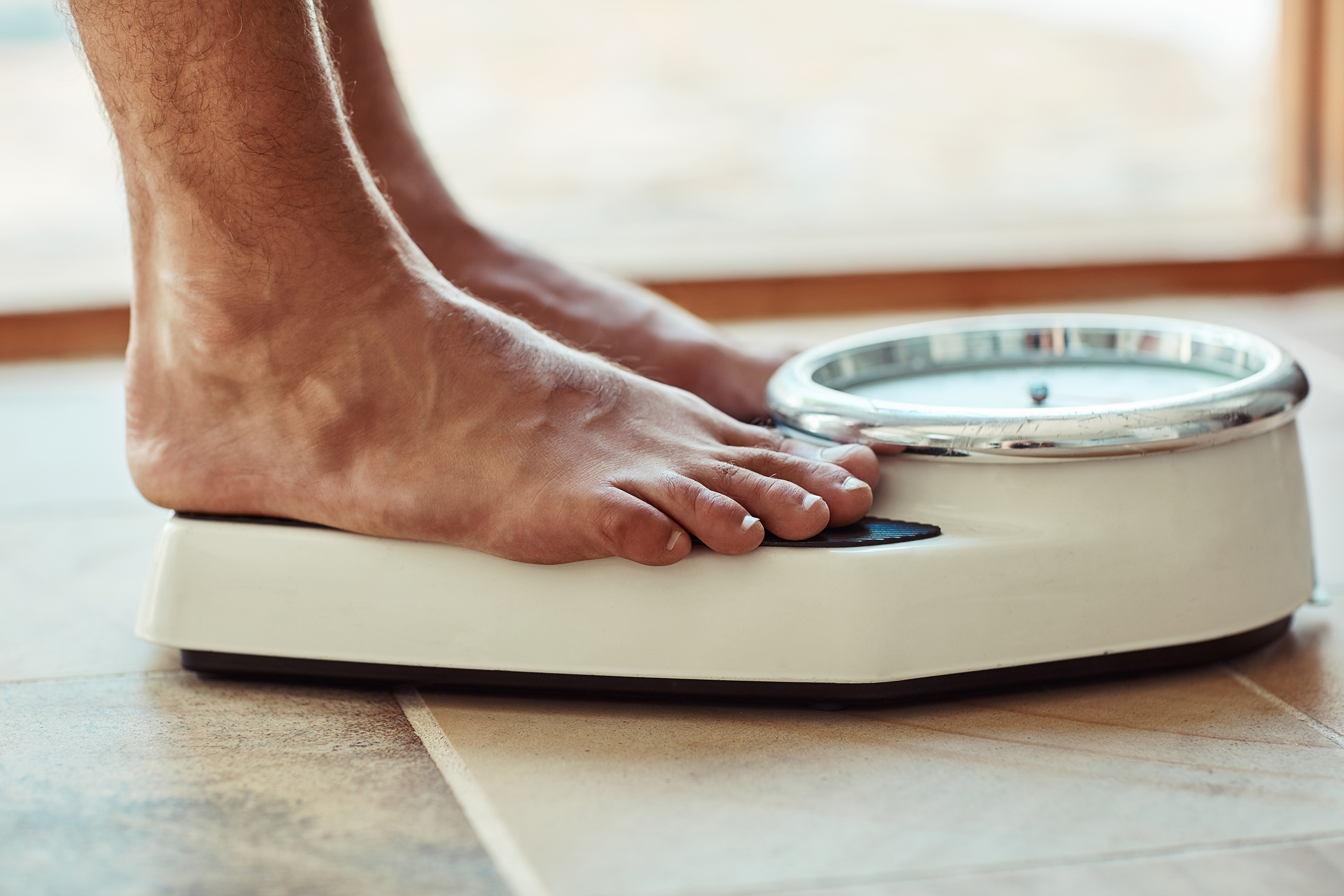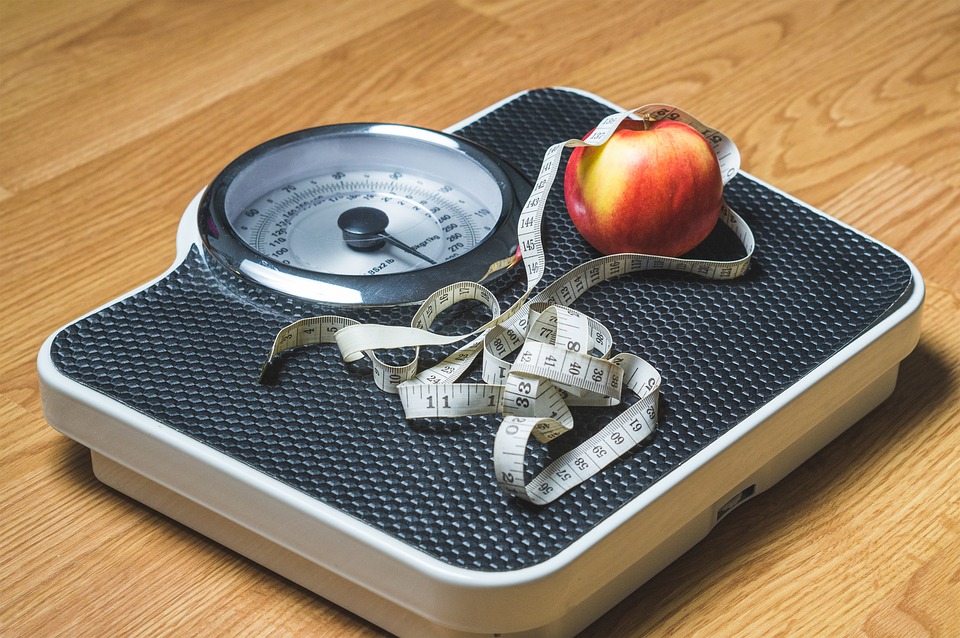Deciphering the Weight Scale
For many people, the success of a diet or workout program ultimately comes down to the number on the scale. Progress is what everyone conditions themselves for and the lbs or kgs measured periodically speaks volumes.
Weight measurements are just one marker for changes to a physique; body part measurements, clothes fit, strength changes, and progress photos are other good verifications of improvement.
These alternative fitness markers can be used as in congruence with the weight scale, however too often the scale is used incorrectly to get an accurate perception of results.
Weight measurements are often recorded too late in the day and too frequently throughout the week, which often causes frustration and confusion for many individuals.
Convoluting things even more are the weight fluctuations that varies from person to person depending on various factors. Understanding those factors that affect weight scale measurements can bring clarity to reading the weight scale.
How to Gauge Weight Fluctuations
Depending on your fitness objectives, weight measurements can make progressions in either an upward or downward direction. This would be if you were doing a cut or bulking diet.
When preparing for a bulking diet, a reasonable objective would be to gain enough weight to build muscle and prevent excessive fat gain (see How to Properly Build Muscle).
A weight increase of 1/2lbs per week would total to roughly 3lbs each month, which is a good target for most natural bodybuilders to see size-able muscle hypertrophy. If weight gain is more or less than this amount, then caloric intake should be adjusted to suit this ideal range.
On a cutting diet, weight loss should be about 1-2lbs each week to target fat stores without reducing lean body mass. For overweight individuals weight loss can be even faster, with 2-3lbs lost each week.
What frustrates individuals the most is when the scale doesn’t move even when they’re in a caloric deficit and exercising profusely. The stubborn weight loss indicates one of several things.
You could be eating too much extra food on training days, which would push you in a caloric surplus despite the extra cardio/workout volume you’re performing.
This also applies to extra calories consumed on rest days, as eating the exact same amount of food throughout the week will cause a surplus as well. An effective meal plan should have staggered meal sizes/quantities on days you’re less active (see Why You Should Be Tracking Your Meals).
Short Term Weight Gain
Besides a few mistakes on cutting diets, many people still have problems losing weight and find themselves gaining weight despite their best efforts.
The main reason factor for unexplained weight gain is water retention. Water retention distorts perceptions of the weight scale measurements and occurs for several different reasons.
You can retain plenty of water from the food macronutrients present in your diet, mainly those abundant in carbohydrates.
Carbohydrates that aren’t burned for energy are stored as glycogen, which requires the carbs to be stored with water molecules. For every gram of glycogen you store 3 grams of water.
If you’ve been undergoing stress or in a stressful environment, you may have higher than normal cortisol levels. Cortisol is one of a few hormones released as a ‘flight or fight’ response, which signals your body to hold onto water.
The cortisol levels tend to be higher for individuals that are dieting, as they’re typically in extensive caloric deficits, doing excessive cardio, or panicking about stalled weight measurements frequently.
High sodium levels in the blood and water retention often go hand in hand. When sodium levels are high, less water is released from the urine and blood pressure levels tends to increase.
One of the most overlooked factors for water retention are supplements, since the diet is the first priority for making an adjustment towards weight loss. Specific supplements such as creatine help to retain water within muscles and can add a few pounds of weight.
Lastly, medications are also culprits for water retention, as some drugs do indicate weight gain or bloating as one of the side effects. Verifying medicine recommendations should be conducted by a physician or health care provider for more assistance.
Because there’s so many factors that can skew weight measurements, you should adhere to some simple rules to make consistent improvements in your fitness.
Only record measurements in the morning when your weight is at its lightest. You should also record every 3-4 days to get the most recent readings with the most consistency.
Track these measurements for at least 2-4 weeks before making adjustments to variables in your workout/nutrition plan. This should give you enough time to gauge your weight fluctuations accurately and avoid making last minute irrational changes.
The Wrap Up
The failure to gauge the weight scale correctly causes immense frustration and stress for too many people, especially with weight loss. Having an understanding of what may be causing you setbacks and stalled progress is the first step to getting over this hurdle and eliminating frustration with the scale. If you’re consistent with your scale measurements and set realistic expectations, great progress can be made whether gaining or losing weight.



Leave a Reply
You must be logged in to post a comment.